‘Death sentence’ fear for dissident Yang Hengjun in Chinese prison
Australian writer Yang Hengjun may die in his Beijing prison cell, friends say, as Marise Payne call for his release.
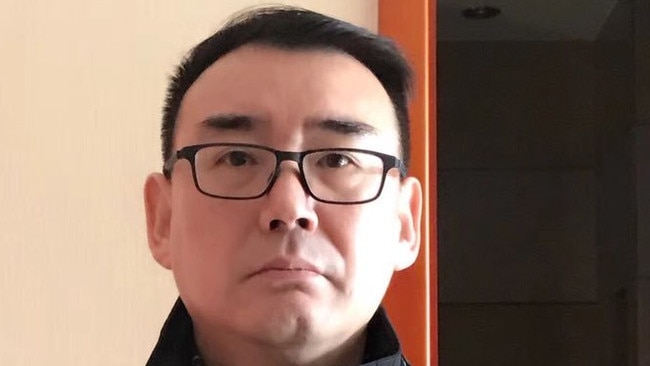
Australian writer Yang Hengjun may die in his Beijing prison cell, friends of the frail democracy campaigner have warned, as Foreign Minister Marise Payne called for his immediate release.
Yang’s nightmare started three years ago on January 19, 2019.
Ten Chinese security agents were waiting for the naturalised Australian citizen – known as the “democracy peddler” to his huge Chinese language readership – at the arrivals gate at Guangzhou’s international airport.
Yang had been trying to visit his sick brother in China’s south. The agents made it clear that would not be happening.
Instead, Yang was whisked from his wife and daughter and taken to a dark prison in Beijing.
“They treat me like dirt here and they tortured me,” the 56-year old said in a recent message to friends and supporters.
Wednesday will be his 1097th day in detention – longer than the imprisonment of two Canadians, Michael Spavor and Michael Kovrig, who were taken hostage in December 2018.
They were released in September after personal intervention by American President Joe Biden and the simultaneous release of a senior Huawei executive.
Senator Payne said the Australian government was “extremely concerned” about Yang’s health and called for his “immediate release and his return to Australia”.
“We call on Chinese authorities to meet their obligations to ensure that all necessary treatment for his physical and mental health is provided,” Senator Payne said in a statement given to The Australian.
“Neither Dr Yang nor the Australian government have been provided with details as to the charges against him or of the investigation, reinforcing our view that this constitutes the arbitrary detention of an Australian citizen.”
A week before his detention, Yang posted a picture of himself working out in a black tank top at a gym.
He joked about his lack of “eight-pack abs”, but he said he was in good condition.
Three years later, and after more than 300 interrogation sessions attempting to force a confession for espionage charges he denies, Yang’s health has sharply deteriorated.
Readings in recent blood tests have raised concerns about his risk of kidney failure.
Dizzy spells and fatigue mean that sometimes during his one hour of exercise, he can do nothing more than stand upright.
Sophie Richardson, China director at Human Rights Watch, said there is a real risk of his death in detention.
“Increasingly for government critics, a prison sentence is alarmingly synonymous with a death sentence,” Ms Richardson said.
“PRC prisons are not where people go to get healthy.”
Nothing is clear about the Chinese party state’s charges against Yang.
Some suspect he was the target of a retaliation campaign. Weeks before his arrest, the Australian Security Intelligence Organisation cancelled billionaire property tycoon Huang Xiangmo’s Australian residency after he was the centre of a foreign interference scandal.
Reports of ASIO’s action – which infuriated Beijing – did not come out until February 2019, weeks after Yang was imprisoned.
A similar dynamic appeared to be in play in August 2020 when Australian journalist Cheng Lei was detained in Beijing only weeks after ASIO raided Chinese state media employees in Sydney.
“It’s a pattern that’s pretty clear,” said a source close to Australian intelligence agencies. “You constrain the ability of our intelligence system to operate in Australia, we’ll smack you back.”
Yang’s case was heard in May in a closed one-day trial. Australia’s ambassador in China, Graham Fletcher, was not allowed to attend.
A verdict has been delayed until April 9 and can continue to be delayed by three-month instalments indefinitely.
Senator Payne said the Australian government was very concerned the verdict of Yang’s trial had been subject to many delays — all while he has had no access to his family, and only limited and delayed access to legal representation.
Yang has refused to make a forced confession.
“I’m confident I didn’t do what they said I did,” he said recently in a message to his friends and supporters.
“I know this, my lawyer knows this, and I think the judge knows this. According to Chinese law, I’m not guilty.
“I want the Chinese government to open my case and publish it. To provide details to the world, the Australian government and the country. We should apply to open the case, and you can see for yourself.”
Before moving to Australia in 2000, Yang worked for China’s Ministry of State Security, the agency that detained him at Guangzhou.
He later published a series of spy novels before completing a PhD at the University of Technology Sydney on the internet and China’s potential to democratise.
Close friends describe an optimistic man who became deeply committed to transforming China after living in Hong Kong, the US and then Australia.
“We firmly believe that democracy will prevail,” said UTS associate professor Feng Chongyi, Yang’s PhD supervisor.
Yang became best known for his personal essays, which advocated for political democratisation within China and the need for the rule of law.
In one essay, he urged his readers to respect Australia’s democratic system after some Chinese university students harassed pro-Tibet protesters as the Olympic torch passed through Australia before the 2008 Beijing Summer Games.
“This is a mature democracy, where everyone has the right to express their opinions, not the tyranny of the majority over the minority,” he wrote.
Yang has said his ordeal had not changed his beliefs.
“When I was outside, one of my objectives was to advocate for rule of law,” he said recently.
“I didn’t believe that I would end up becoming a victim of rule by power.”
By 2015, his writings were mostly banned within China, following an ever-widening crackdown on civil society led by President Xi Jinping.
Keeping a much lower profile, he returned to China in 2017 and 2018 to see family, friends and supporters.
Professor Feng said Yang’s detention demonstrated the security environment in China had “changed fundamentally”.
“Foreign passports don’t provide protection anymore,” he said.


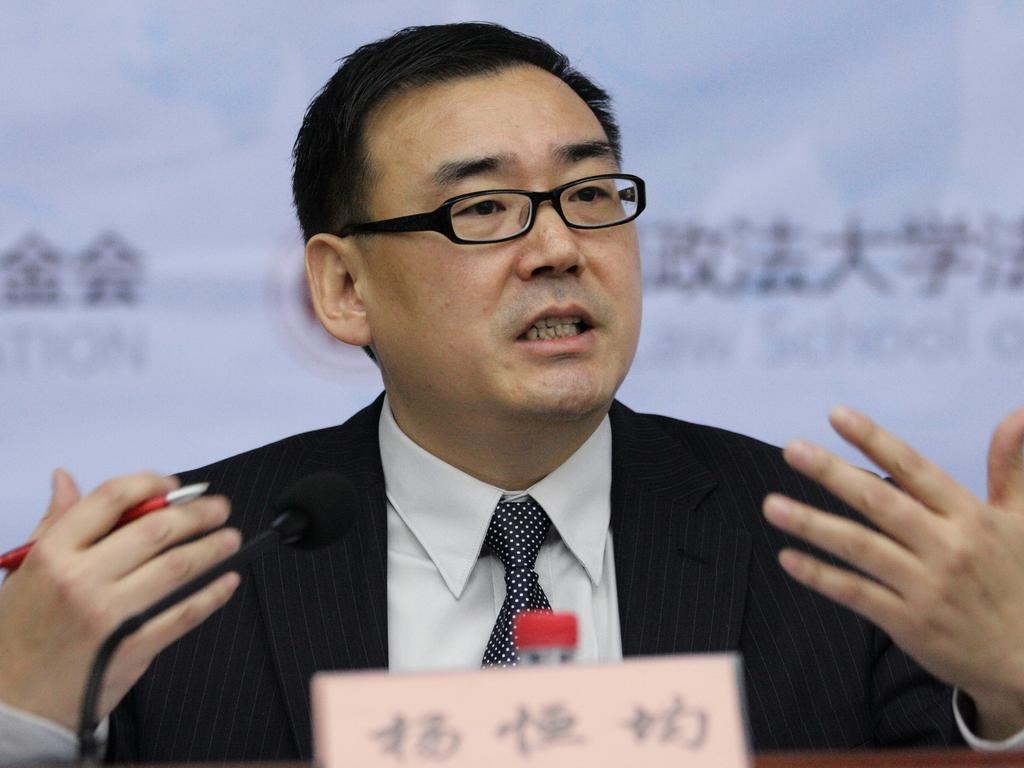
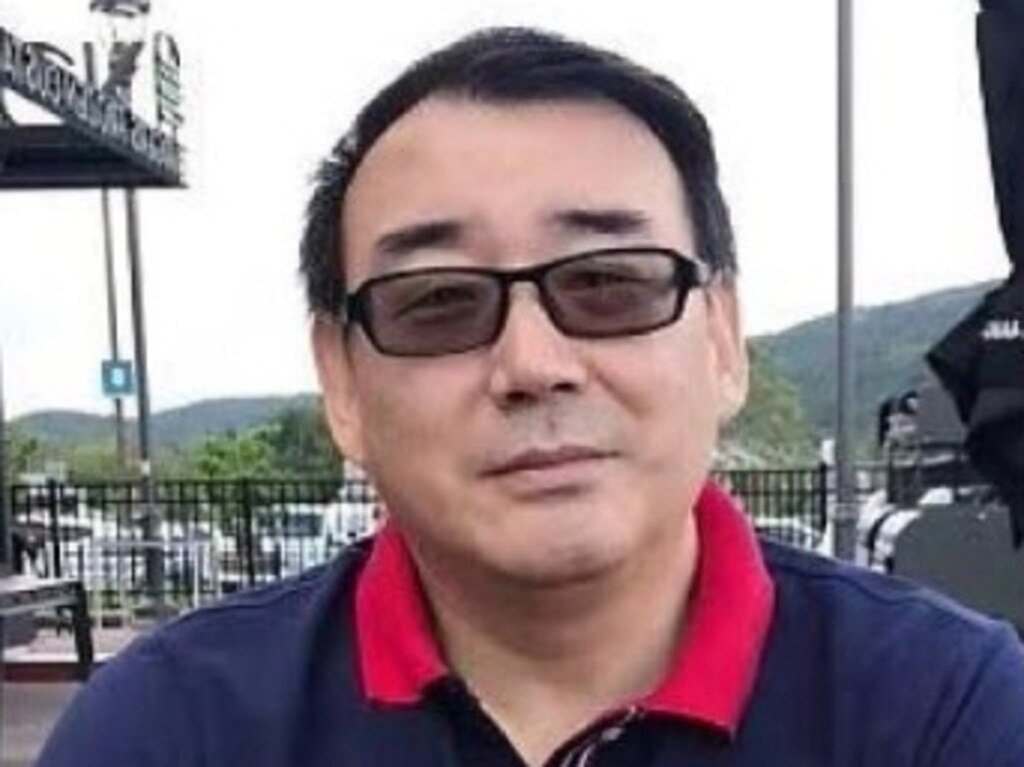
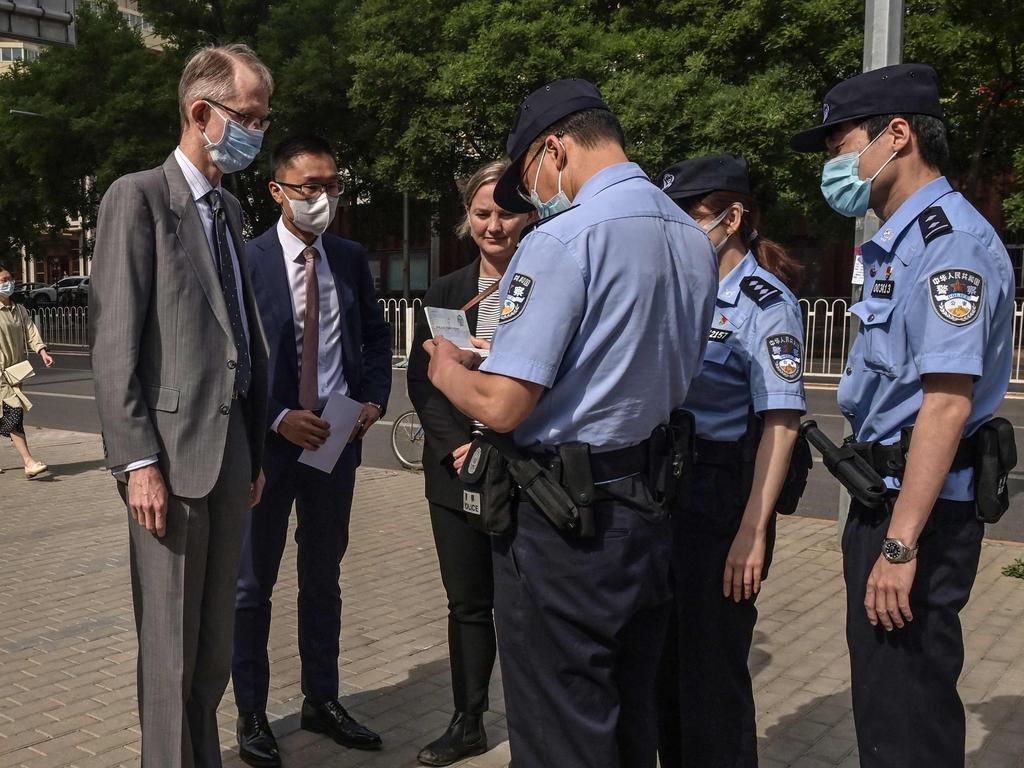
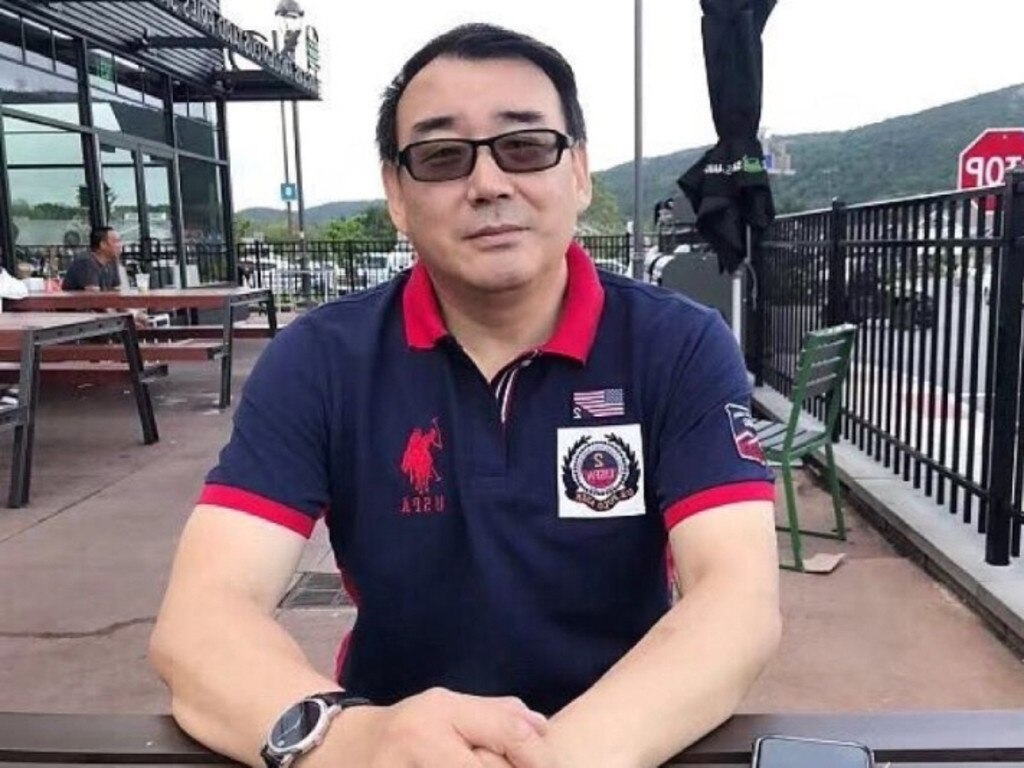


To join the conversation, please log in. Don't have an account? Register
Join the conversation, you are commenting as Logout